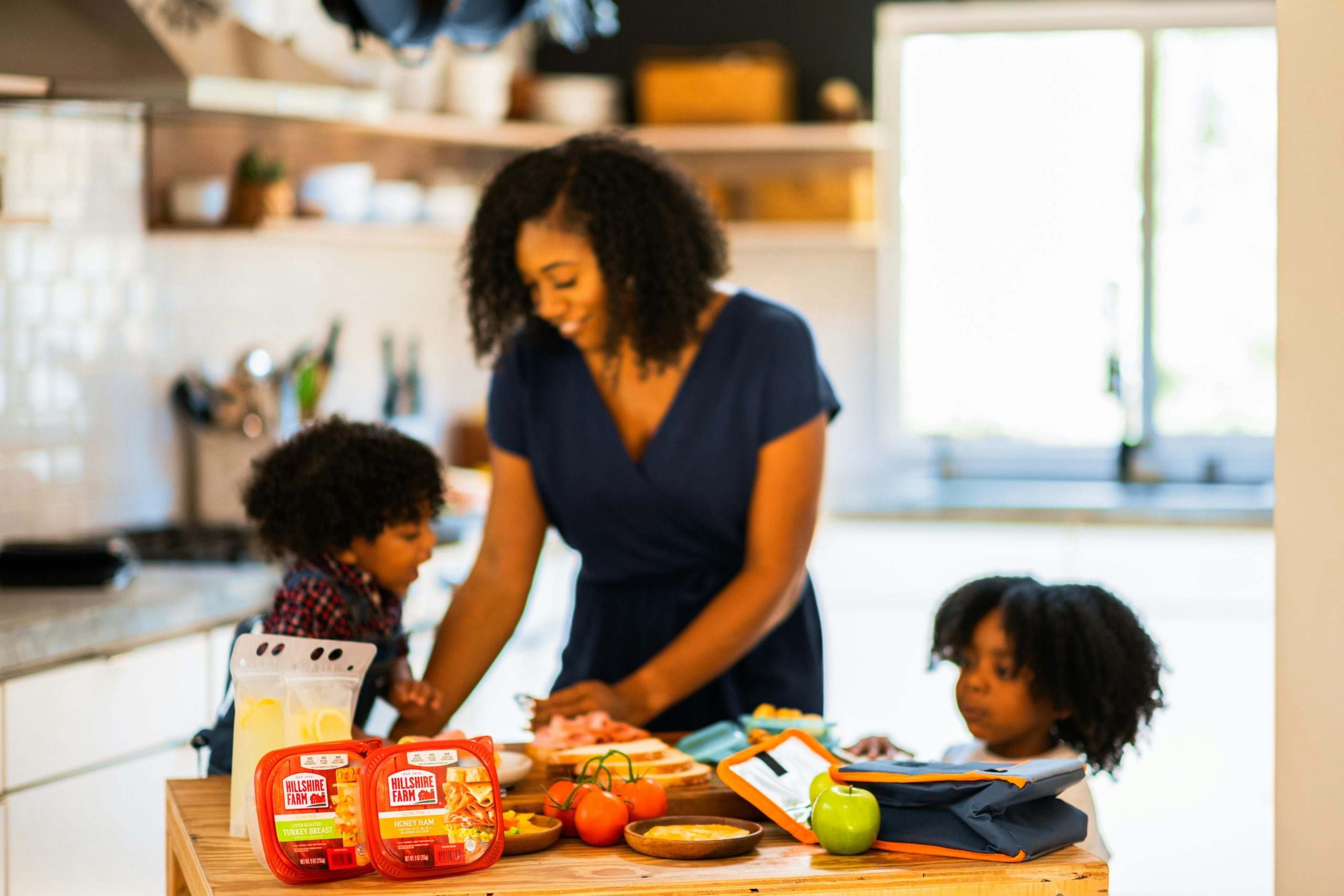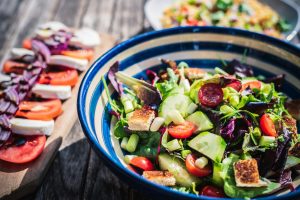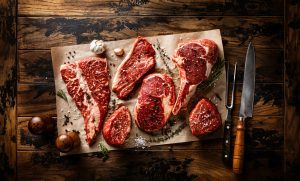AI-Powered Recipe Generation: Personalized Cooking with Machine Learning
Have you ever struggled to find a recipe that suits your taste buds? Or maybe you’ve tried countless recipes, only to find out that they don’t turn out as expected. Thanks to the advancements in technology, we now have AI-Powered recipe generation that takes personalized cooking to a whole new level. With the integration of machine learning, creating recipes that cater to individual preferences has become possible. Let’s delve into the world of AI-Powered recipe generation and discover how it has transformed the way we cook and eat.
The Rise of AI-Powered Recipe Generation
Artificial Intelligence (AI) has brought about revolutionary changes in various industries, and the culinary world is no exception. With AI-powered recipe generation, the days of following generic recipes are slowly becoming a thing of the past. This technology takes into account individual preferences, such as dietary restrictions, allergies, and preferred ingredients, to generate personalized recipes. Not only does this save time and effort, but it also enables users to explore and experiment with new dishes.
The Role of Machine Learning in Recipe Generation
Machine learning, a subset of AI, plays a crucial role in recipe generation. By analyzing data from various sources, such as cookbooks, cooking blogs, and user feedback, machine learning algorithms can understand and predict individual preferences. This allows for the creation of unique recipes that cater to a user’s specific taste and dietary needs.
The Process of AI-Powered Recipe Generation
The first step in AI-powered recipe generation involves feeding the system with a vast database of recipes. This includes recipes from different cuisines, as well as variations of the same dish. The system then uses machine learning algorithms to analyze the ingredients, cooking methods, and user feedback to identify patterns and create a baseline for recipe generation.
Next, the user is prompted to input their preferences, such as dietary restrictions, allergies, and preferred ingredients. Based on this information, the AI system generates a customized recipe, taking into account the user’s preferences and the patterns identified in the baseline data.
As the user keeps using the system, their feedback is incorporated into the learning process, allowing for the continuous improvement of the recipe generation algorithm. This ensures that the generated recipes become more accurate and personalized over time, making the cooking experience more enjoyable for the user.
The Benefits of AI-Powered Recipe Generation
Personalized Cooking Experience
The most significant advantage of AI-powered recipe generation is the personalized cooking experience it offers. Users no longer have to sift through pages of generic recipes; the system generates recipes that cater to their individual preferences, dietary needs, and taste, making the cooking process more efficient and enjoyable.
Healthier Eating Habits
With AI-powered recipe generation, users can specify their dietary restrictions, allergies, and preferred ingredients. This ensures that the generated recipes are not only personalized but also align with their health goals. This plays a significant role in promoting healthier eating habits.
Reduced Food Waste
The customization feature offered by AI-powered recipe generation also reduces food waste. With the system generating recipes that cater to a user’s preferred ingredients, users are less likely to have excess ingredients that go unused, contributing to reducing food waste.
The Future of Personalized Cooking with AI
AI-powered recipe generation has only scratched the surface of its potential. As the technology continues to evolve, we can expect to see more advanced features, such as voice-activated recipe generation and automated meal planning. Furthermore, as more and more data is fed into the system, it can generate recipes that cater to specific dietary needs, such as diabetes or heart disease, to promote healthier eating habits.
Conclusion
AI-powered recipe generation has revolutionized the way we cook and eat. With the integration of machine learning, creating personalized recipes has become a reality. This technology not only offers a more efficient and enjoyable cooking experience but also promotes healthier eating habits and contributes to reducing food waste. With its continuous evolution, we can only imagine the possibilities it holds for the future of personalized cooking.









